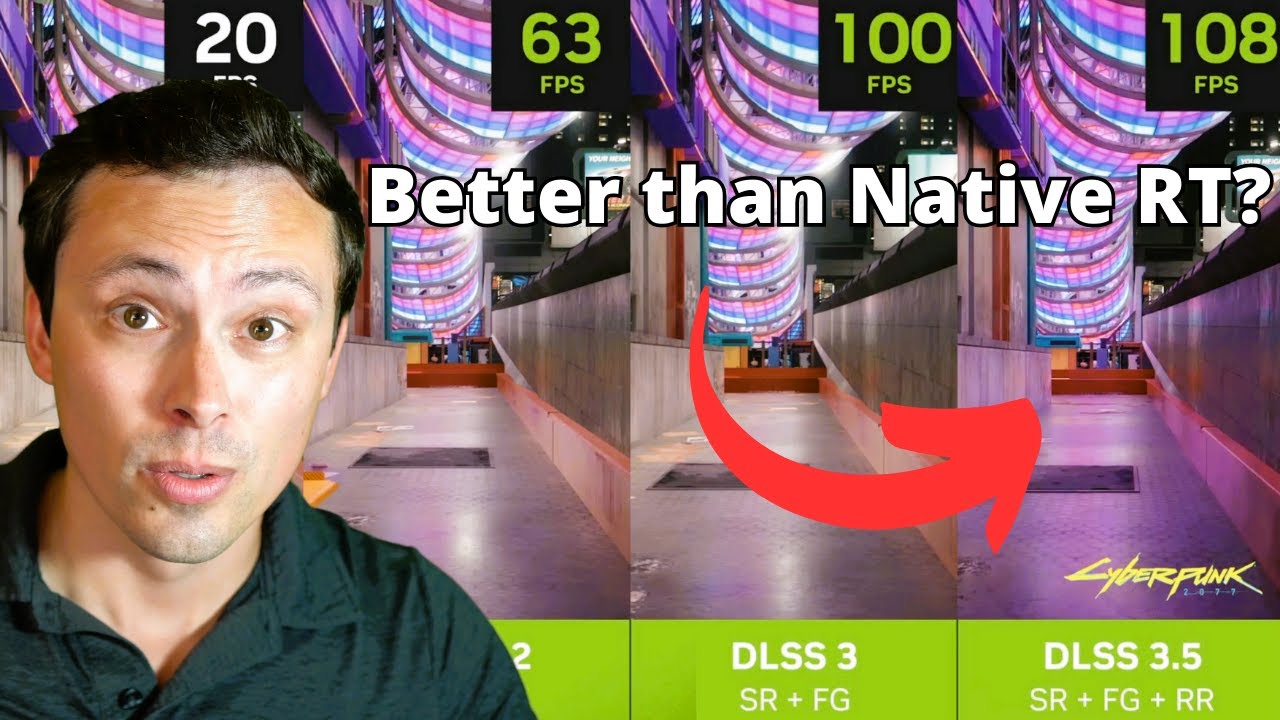Replacing the usual denoising algorithms used to generate an image from the (usually small) number of traced rays in a scene with a new AI model that runs alongside DLSS upscaling, Nvidia is able to show ray traced reflections and shadows with less artifacts, significantly improved clarity, and more data points being represented (like soft shadows and small occlusions) at no penalty to performance.
Unlike frame generation, DLSS 3.5’s ray reconstruction will work on all RTX series cards, including the 2000 series. In one example, Nvidia shows how fast moving objects no longer leave trails of temporal artifacts when RT global illumination is enabled.



This is very exciting. Unfortunately, AMD card won’t be able to benefit from this, making the GPU market ever more fragmented.
How does this fragment anything? DLSS and Nvidia’s ray tracing tech have always been exclusive to their own RTX cards. Nothing changes in that respect. Ray tracing, as a whole, isn’t exclusive to Nvidia, but their tech has been.